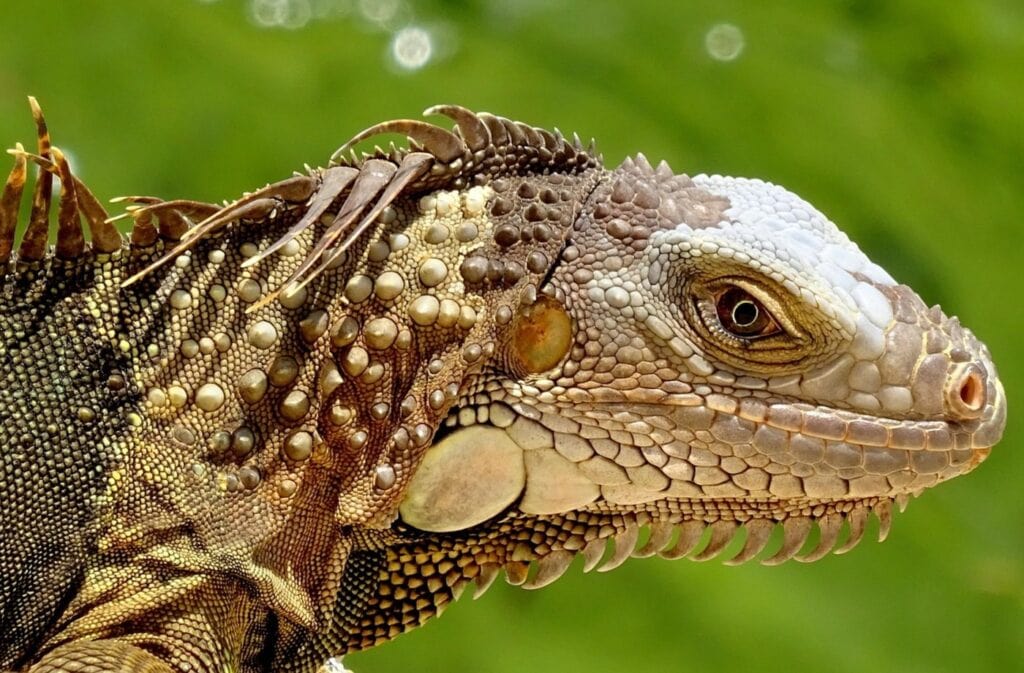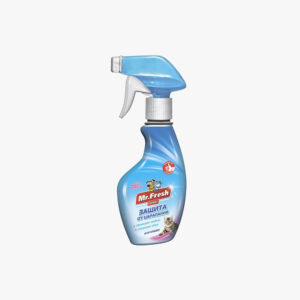Exotic pets have long intrigued animal lovers with their unique appearance and behaviors. Owning an exotic animal might sound exciting, but Florida laws for exotic pet ownership are strict for good reason. Regulations ensure public safety, animal welfare, and environmental conservation. Whether you’re daydreaming about a sugar glider or considering a python, it’s crucial to understand Florida’s legal framework.
Understanding Florida’s Exotic Pet Classification System
The Florida Fish and Wildlife Conservation Commission (FWC) oversees the ownership of exotic pets in the state. The FWC separates animals into three classes—Class I, Class II, and Class III—depending on their potential threat to humans and the environment. Each classification comes with specific restrictions and requirements.
Class I Animals: Strictly Prohibited for Personal Ownership
Particular species are too hazardous or ecologically detrimental to be kept privately. These fall under Class I animals, which include large predators like lions, tigers, and bears. Attempting to own one can result in significant penalties or criminal charges. These restrictions safeguard both potential pet owners and Florida’s biodiversity. To explore more about these controlled species, check the FWC Captive Wildlife Permits and Licenses guidelines.
Class II Animals: Ownership Requirements and Permits
Class II animals, which include species like servals and certain small primates, can be kept under strict conditions. Owners must apply for permits, demonstrate experience handling the species, and meet facility standards for space and safety. For those interested in specific Class II animals, this resource provides additional information.
Class III Animals: Exceptions and Challenges
The Class III category is somewhat broader, encompassing animals such as hedgehogs and non-venomous snakes. Generally, permits are not required, but owners must still provide adequate care. It’s essential to understand that unethical or irresponsible handling of any exotic pet can have serious consequences for the animal and the community.
Legal Responsibilities as Exotic Pet Owners in Florida

If you’re considering an exotic pet, be ready to meet specific legal obligations. From permits to veterinary examinations, compliance with Florida law protects both animals and humans.
Permit Applications and Fee Structures
The application process for exotic pet ownership depends on the animal’s classification. Permit fees can range from $50 annually for Class III animals to $250 annually for larger collections of Class I or II species. Details on fees and eligibility can be found on the FWC’s Captive Wildlife Licenses and Permits page.
Enclosure Specifications for Exotic Pets
Proper enclosures are vital for preventing escape and ensuring animal welfare. For example, large cats require reinforced enclosures with double-entry gates that are locked. These regulations aren’t just about security—they promote the physical and mental health of the pet.
Health and Safety Compliance Regulations
Exotic pet owners must also adhere to health regulations, including routine vet visits and vaccinations. This reduces the risk of zoonotic diseases (illnesses transmitted from animals to humans) and keeps your animal thriving in captivity.
Ethical and Environmental Considerations
Beyond adhering to the law, owning exotic pets comes with moral responsibilities that should not be ignored.
Impact of Exotic Pets on Florida’s Native Ecosystem
Non-native species can wreak havoc if released or escape. Burmese pythons in the Everglades are a notorious example of invasive species disrupting local ecosystems. According to the FWC’s rules, possessing invasive reptiles like green iguanas or tegus requires strict adherence to permit guidelines. Updates on regulation changes frequently address such environmental concerns.
Encouraging Responsible Exotic Pet Ownership
Owning an exotic animal requires a significant commitment, thorough research, and substantial resources. If you feel unsure about handling extraordinary pets, consult ethical breeders or wildlife rehabilitation organizations. The goal should always be the humane treatment and proper care of these remarkable creatures.
Conclusion
Owning an exotic pet in Florida can be rewarding, but it comes with critical responsibilities. By adhering to the state’s regulations, ensuring proper care, and considering the environment, pet owners can responsibly enjoy these animals. Remember, owning an exotic pet isn’t just a hobby—it’s a lifelong commitment that requires knowledge, preparation, and empathy. Make thoughtful decisions and contribute to preserving the balance between exotic animals and Florida’s delicate ecosystems.











